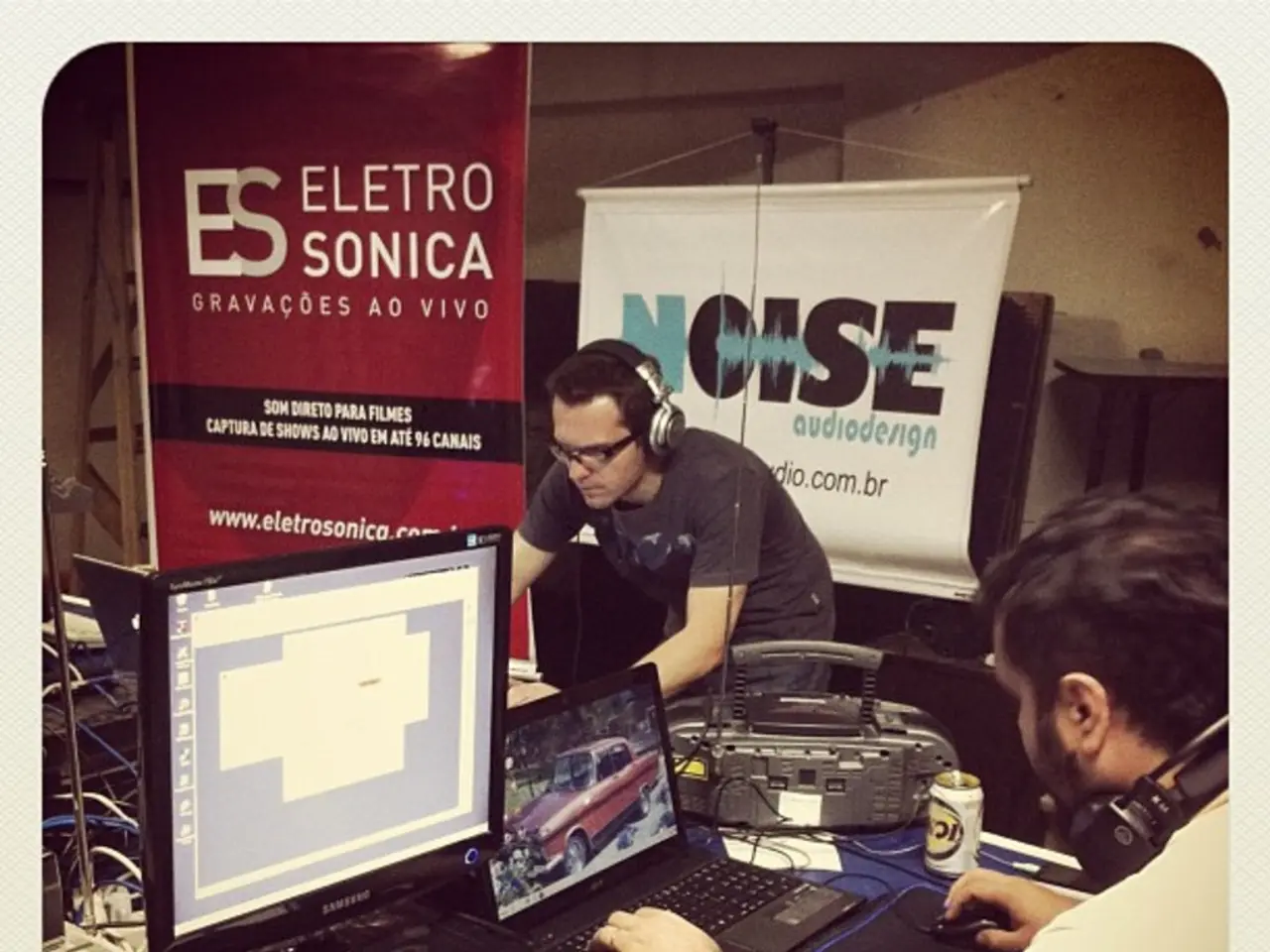Pondering Over the Purpose: A Fresh Look at Our Reliance on Advanced Electronic Devices
In the fast-paced world of technology, the debate over whether high-tech gadgets are essential or luxuries has gained significant traction.
Being truly "smart" isn't about owning the latest gadget - it's about knowing when to say enough. Choosing not to rely on a gadget isn't anti-progress - it's a declaration that convenience shouldn't always come at the expense of autonomy. Reclaiming agency in a connected world means being intentional about purchases, aware of marketing manipulation, and honest about the difference between true need and manufactured want.
The rapid pace of technological advancement can lead to increasing social and economic marginalization for those without access to current gadgets. The line between luxury and necessity has become especially blurry in the high-tech age, and it's important to draw conscious lines between what we truly need and what we've merely been convinced we do.
On one hand, arguments for considering high-tech gadgets as necessities in the digital age center on their integral role in modern life, education, work, healthcare, and communication. The COVID-19 pandemic demonstrated that gadgets like smartphones, tablets, and computers are indispensable for remote learning and working. They enable instant communication, access to information, and new forms of social and professional interaction that were previously impossible. Being connected digitally is crucial for job searching, social engagement, shopping, and general participation in society.
However, arguments against this perspective highlight the potential negative impacts on mental well-being, social interactions, and the exacerbation of inequality due to digital divides. Excessive use of digital gadgets can have adverse effects on cognitive and emotional well-being, such as increased anxiety, reduced face-to-face social connections, and distraction. The rise of "digital detox" practices underscores concerns over dependency and the need to reassess one’s relationship with technology.
The digital divide, based on socioeconomic status, geography, age, and education, intensifies inequality, as those without access are excluded from opportunities. This divide raises ethical concerns, such as exploitative labor practices in factories and environmental degradation caused by rare earth metal extraction.
To live wisely in a gadget-filled world means asking better questions about value, purpose, ethics, and sustainability, moving closer to a future where technology serves humanity, rather than defines it. Reevaluating our relationship with gadgets opens space for non-digital experiences, such as boredom that leads to creativity, physical books over screens, and uninterrupted conversations.
In conclusion, while high-tech gadgets are increasingly crucial tools enabling education, healthcare, communication, and economic participation in the digital age, their designation as universal necessities must be balanced against concerns about health, social impact, inequality, and ethical challenges. It's essential for individuals and societies to make informed decisions about their use and to advocate for more equitable access to technology.
Despite the integral role of high-tech gadgets in modern life, their designation as universal necessities is debatable given the potential negative impacts on mental well-being, social interactions, and the exacerbation of inequality due to digital divides. Moreover, these concerns can be addressed by fostering a conscious and intentional relationship with technology, prioritizing ethics, sustainability, and the preservation of non-digital experiences.




